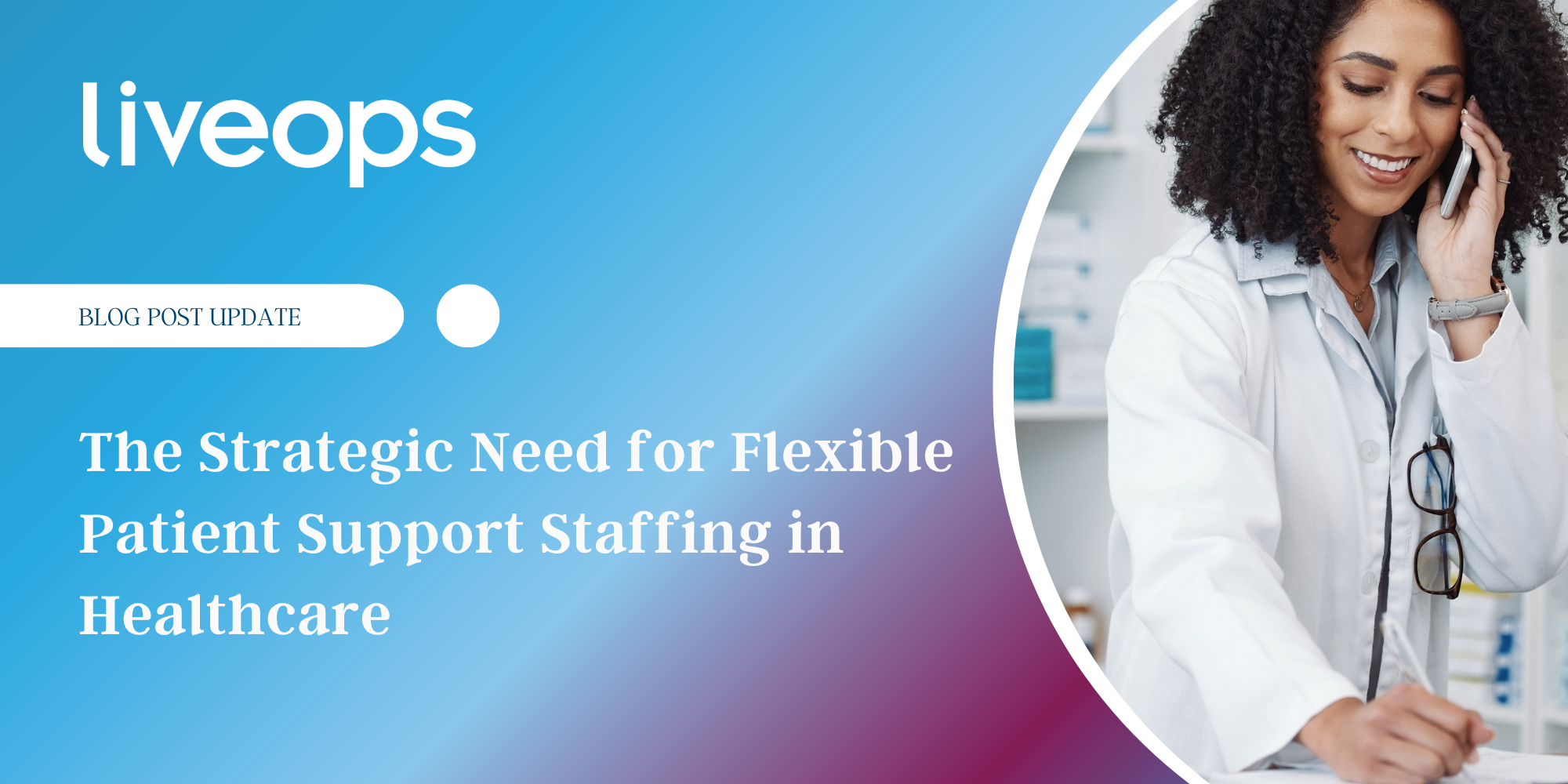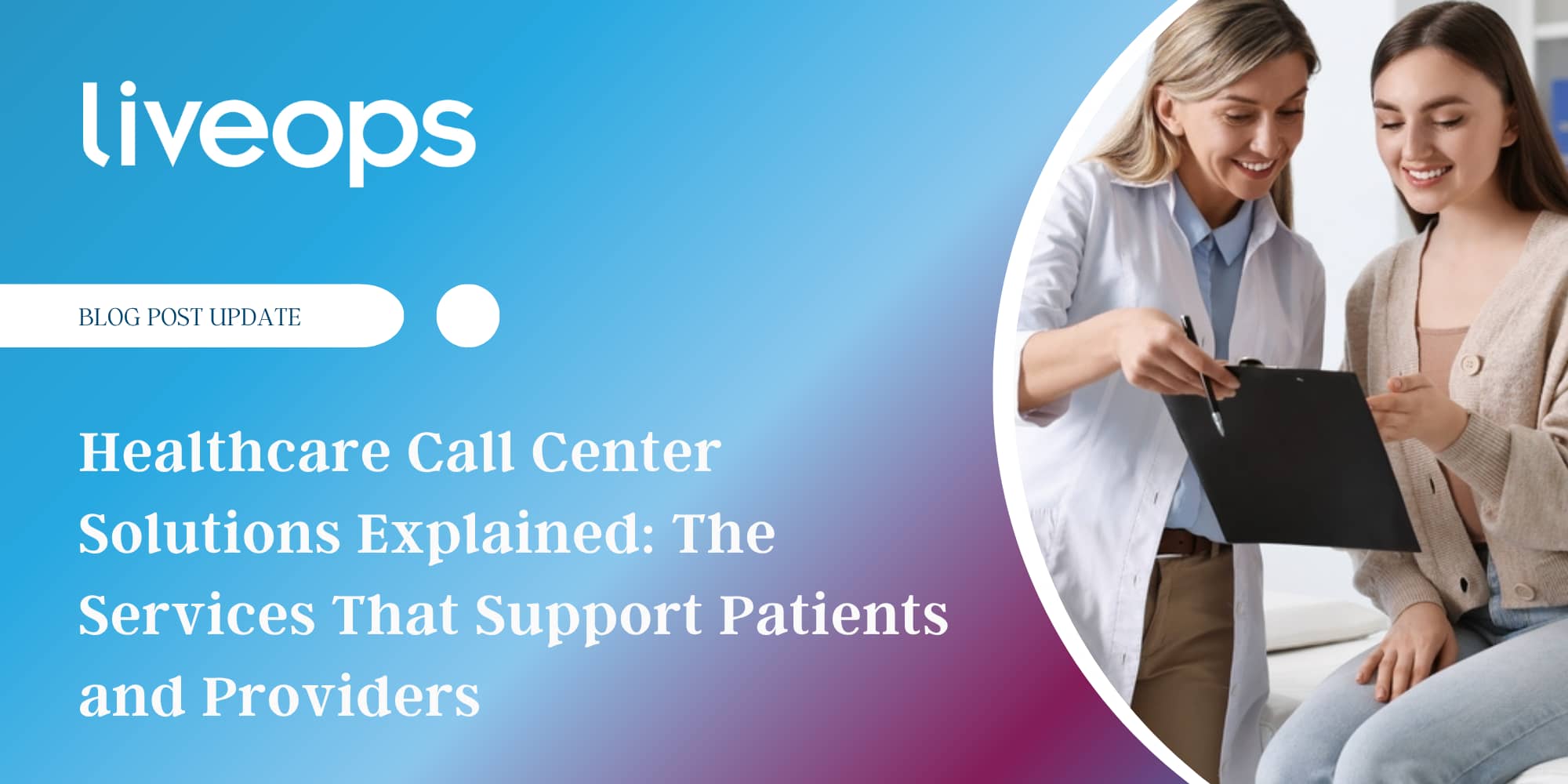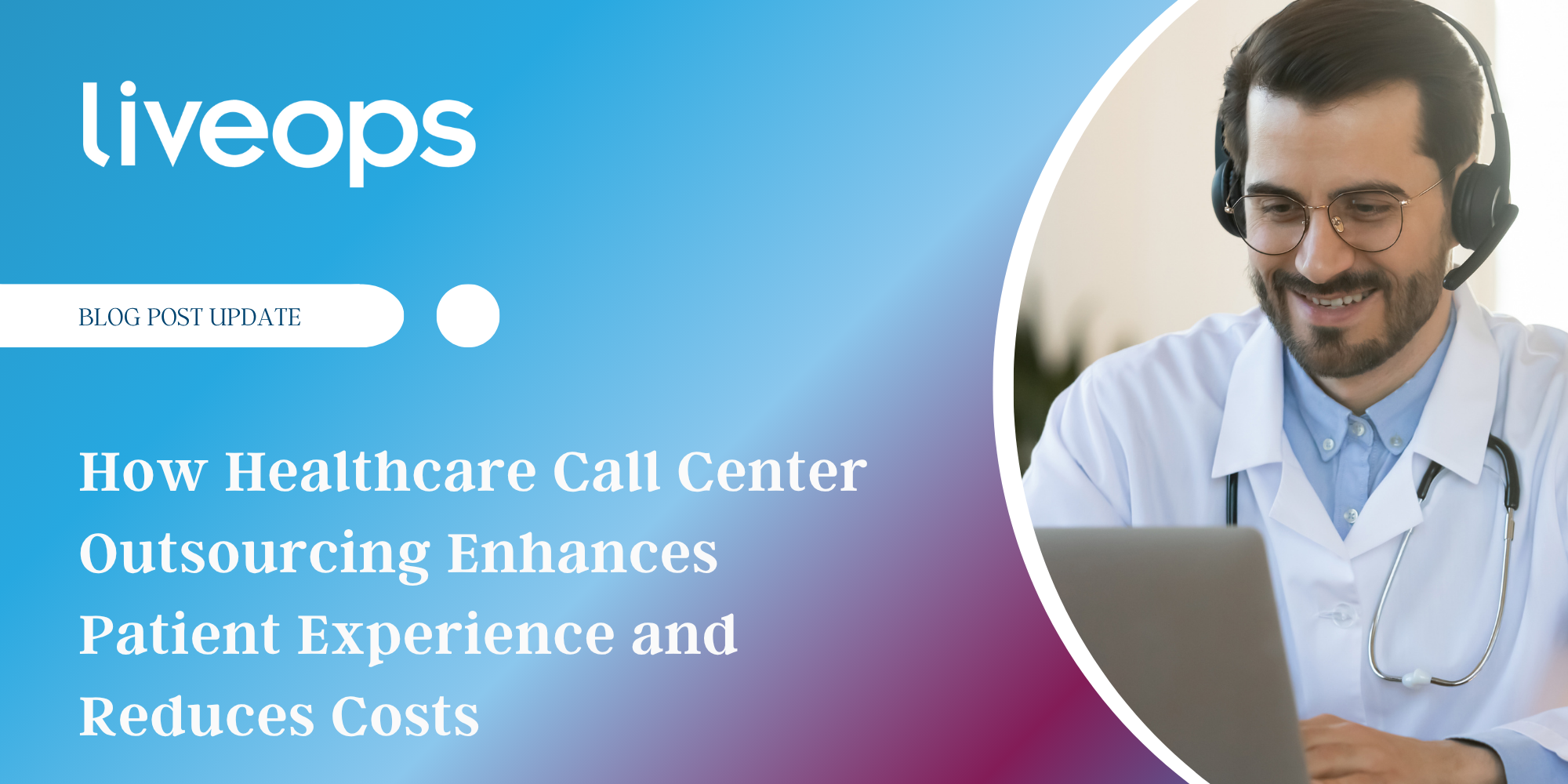Navigating Healthcare Financing: Ensuring Sustainable and Efficient Operations
minutes

In today’s rapidly evolving healthcare landscape, financial sustainability and operational efficiency are top priorities for C-suite leaders.
Whether you’re managing a managed care organization (MCO), leading telehealth initiatives, or navigating the complexities of private pay insurance, the challenge of maintaining financial health while delivering high-quality care is more pressing than ever.
The Healthcare Financing Dilemma
The healthcare industry is facing unprecedented financial pressures. Rising costs, evolving regulations, and the increasing demand for services are stretching resources thin.
According to a report by the American Hospital Association (AHA), when coupled with rising inflation and input price growth, hospital expenses increased to detrimental levels, resulting in billions in losses and over 33% of hospitals operating in the negative margins.
This grim outlook underscores the urgent need for healthcare organizations to adopt innovative financing strategies that can sustain their operations in the long term.
The Role of Efficient Operations
Efficient operations are the backbone of financial sustainability in healthcare. For contact centers, especially those handling MCOs and open enrollment periods, the need for streamlined processes is critical.
Inefficiencies not only drain financial resources but also compromise patient care and employee satisfaction. A McKinsey & Company analysis found that healthcare organizations can achieve a net time savings of 15-30% during a 12-hour shift through care model redesign, delegation, and technological enablement.
This time savings not only improves workload sustainability but also allows healthcare staff to reallocate their time to more patient-centric activities, thereby enhancing overall patient outcomes and contributing to more sustainable healthcare careers.
By optimizing operations and adopting innovative care models, healthcare organizations can reduce costs while simultaneously improving the quality of care and employee satisfaction.
Leveraging Technology for Financial Efficiency
Telehealth companies and private pay insurance firms are uniquely positioned to leverage technology to drive financial efficiency. By adopting advanced customer experience (CX) solutions, these organizations can reduce administrative burdens and enhance service delivery.
As digital health platforms continue to evolve, their impact on operational efficiency is becoming increasingly clear. A report by Markets and Markets projects that the global digital health market, including telehealth solutions, will grow at a compound annual growth rate (CAGR) of 25% through 2028, largely due to the adoption of telehealth and telemedicine services.
This growth is fueled by the integration of AI, IoT, and big data analytics, which are helping healthcare organizations streamline processes, reduce manual tasks, and optimize resource allocation. For instance, the implementation of these technologies can lead to significant reductions in administrative workload, allowing healthcare providers to focus more on patient care, thus improving both efficiency and financial performance.
This technological advancement presents a substantial opportunity for healthcare leaders to invest in digital solutions that not only enhance patient care but also drive cost efficiencies. By strategically adopting these innovations, healthcare organizations can achieve a more sustainable financial model while simultaneously improving the quality of care provided.
Risk Management and Compliance
In addition to operational efficiency, managing risk and ensuring compliance are vital components of financial sustainability in healthcare. With increasing scrutiny from regulators, healthcare organizations must prioritize risk management strategies to avoid costly penalties and protect patient data.
The integration of AI and advanced analytics plays a significant role here, as these technologies can help identify potential compliance issues before they become problematic and ensure that all operations adhere to the latest regulations.
Moreover, effective risk management includes preparing for reimbursement challenges. As healthcare continues to shift towards value-based care models, organizations must be vigilant in monitoring reimbursement policies and adapting their financial strategies accordingly. This proactive approach not only safeguards revenue streams but also helps in forecasting financial outcomes more accurately.
The Importance of Data-Driven Decision Making
In the era of value-based care, data-driven decision making is crucial for improving patient outcomes, ensuring financial sustainability, and enhancing operational efficiency. By leveraging AI and data analytics, c-suite leaders gain the insights needed to navigate complex financial landscapes, identify inefficiencies, and streamline processes—key factors in maintaining financial health.
For example, AI-enabled data analytics is rapidly becoming a cornerstone of modern healthcare management. According to a Deloitte survey, 73% of healthcare organizations that have invested in AI technology reported that their primary outcomes include making processes more efficient (34%), enhancing existing products and services (27%), and lowering costs (26%).
These efficiencies translate directly into cost savings and more stable financial operations. By leveraging advanced tools like AI and data analytics, healthcare leaders can optimize resource allocation, reduce unnecessary expenditures, and forecast financial outcomes with greater accuracy.
This proactive approach not only strengthens financial performance but also ensures that organizations are better equipped to handle the ever-changing demands of the healthcare industry. Ultimately, data-driven decision making is essential for healthcare organizations aiming to achieve long-term financial sustainability while continuing to deliver high-quality care.
The Role of Liveops in Supporting Healthcare Organizations
At Liveops, we understand the unique challenges that healthcare organizations face in today’s complex environment. Our flexible, scalable CX solutions are designed to help healthcare leaders navigate these challenges with confidence, offering access to a distributed workforce of highly skilled agents trained to handle the specific needs of healthcare operations, from MCOs to telehealth services.
Our solutions go beyond improving customer service—they drive operational efficiency and financial sustainability, enabling leaders to make data-driven decisions that enhance overall performance.
As the healthcare industry continues to evolve, c-suite leaders must stay ahead by adopting innovative financing strategies and operational efficiencies. By integrating advanced technology, embracing data-driven decision-making, and forming strategic partnerships, healthcare organizations can secure their financial stability while continuing to deliver exceptional care.
Liveops is dedicated to being a reliable partner in this journey, providing the expertise and solutions necessary to address the complexities of healthcare financing. Together, we can build a future that is both sustainable and efficient, ensuring that healthcare organizations thrive in today’s competitive landscape.




